Rice encourages Russian rights activists
U.S. Secretary of State Condoleezza Rice met Saturday with beleaguered Russian human-rights activists.
Saturday, 13.10.2007.
13:13

U.S. Secretary of State Condoleezza Rice met Saturday with beleaguered Russian human-rights activists. She has encouraged them to build institutions of democracy to combat arbitrary state power amid increasing pressure from the Kremlin. Rice encourages Russian rights activists With concerns rising about the centralization of power and democratic backsliding in Russia ahead of legislative and presidential elections in December and March, Rice sought opinions and assessments of the current situation from eight prominent rights leaders. "I just want to have an opportunity to hear from you," she told the group at Spaso House, the residence of the U.S. ambassador in Moscow. "This is an extremely important time in Russia's development." The meeting could irk the Kremlin, which is sensitive to Western accusations it is rolling back democratic freedoms and suspects foreign governments of trying to influence the outcome of next year's presidential election. Before going in to a closed-door meeting with the leaders, Rice said she hoped their efforts would be successful in promoting universal values of "the rights of individuals to liberty and freedom, the right to worship as you please, and the right to assembly, the right to not have to deal with the arbitrary power of the state." "How is it going?" the former Soviet expert asked. "That's what I want to hear. How is it going and what can we do to help Russia to build strong institutions that have these universal values?" In a second meeting at the residence with business, media and civil society leaders, Rice said she was "especially interested in talking about how you view (the) political evolution of Russia, the economic evolution of Russia." "Russia is a country that's in transition and that transition is not easy and there are a lot of complications and a lot of challenges," Rice said. "If Russia is to emerge as a democratic country that can fully protect the rights of its people, it is going to emerge over years and you have to be a part of helping the emergence of that Russia." Participants in the meetings said afterwards that Rice had not offered any judgments about the state of human rights and democracy in Russia under President Vladimir Putin, who will step down next year but has said he would lead the ticket of the main pro-Kremlin party in the parliamentary elections and could later take the prime minister's job. On her way to Moscow for talks focused mainly on missile defense and other strategic matters, Rice herself had sidestepped questions about whether she would press Putin on his political ambitions and what she thought of them. "I will raise and have raised on many occasions such concerns with my Russian colleagues, indeed sometimes in great detail," she told reporters on Friday. "But frankly, I'm not about to join the speculation about what will happen in terms of Russian domestic politics and who might be president and who might be prime minister." On Saturday, two participants said Rice had held true to that stance. "She did not give an assessment," Alexander Brod, head of the Moscow Human Rights Bureau, told the Russian news agency RIA Novosti. "Those present gave their evaluation of the situation as a whole, and discussed particular areas of human-rights violations." Tatyana Lokshina, the head of the Demos human-rights center, said they had discussed recent troubling legislation that some fear could be used against the political opposition, rule of law issues, and the human-rights situations in the Caucasus. "We talked about the problems of weak democratic institutions, the problem of freedom of speech, and the situation in the judicial system," she told Interfax news agency. The State Department has frequently criticized what Washington regards as creeping authoritarianism among Putin and other top Russian leaders. Its most recent human-rights report on Russia notes continuing centralization of power in the Kremlin, a compliant legislature, political pressure on the judiciary, intolerance of ethnic minorities, corruption and selectivity in enforcement of the law, and media restrictions and self-censorship.
Rice encourages Russian rights activists
With concerns rising about the centralization of power and democratic backsliding in Russia ahead of legislative and presidential elections in December and March, Rice sought opinions and assessments of the current situation from eight prominent rights leaders."I just want to have an opportunity to hear from you," she told the group at Spaso House, the residence of the U.S. ambassador in Moscow. "This is an extremely important time in Russia's development."
The meeting could irk the Kremlin, which is sensitive to Western accusations it is rolling back democratic freedoms and suspects foreign governments of trying to influence the outcome of next year's presidential election.
Before going in to a closed-door meeting with the leaders, Rice said she hoped their efforts would be successful in promoting universal values of "the rights of individuals to liberty and freedom, the right to worship as you please, and the right to assembly, the right to not have to deal with the arbitrary power of the state."
"How is it going?" the former Soviet expert asked. "That's what I want to hear. How is it going and what can we do to help Russia to build strong institutions that have these universal values?"
In a second meeting at the residence with business, media and civil society leaders, Rice said she was "especially interested in talking about how you view (the) political evolution of Russia, the economic evolution of Russia."
"Russia is a country that's in transition and that transition is not easy and there are a lot of complications and a lot of challenges," Rice said. "If Russia is to emerge as a democratic country that can fully protect the rights of its people, it is going to emerge over years and you have to be a part of helping the emergence of that Russia."
Participants in the meetings said afterwards that Rice had not offered any judgments about the state of human rights and democracy in Russia under President Vladimir Putin, who will step down next year but has said he would lead the ticket of the main pro-Kremlin party in the parliamentary elections and could later take the prime minister's job.
On her way to Moscow for talks focused mainly on missile defense and other strategic matters, Rice herself had sidestepped questions about whether she would press Putin on his political ambitions and what she thought of them.
"I will raise and have raised on many occasions such concerns with my Russian colleagues, indeed sometimes in great detail," she told reporters on Friday. "But frankly, I'm not about to join the speculation about what will happen in terms of Russian domestic politics and who might be president and who might be prime minister."
On Saturday, two participants said Rice had held true to that stance.
"She did not give an assessment," Alexander Brod, head of the Moscow Human Rights Bureau, told the Russian news agency RIA Novosti. "Those present gave their evaluation of the situation as a whole, and discussed particular areas of human-rights violations."
Tatyana Lokshina, the head of the Demos human-rights center, said they had discussed recent troubling legislation that some fear could be used against the political opposition, rule of law issues, and the human-rights situations in the Caucasus.
"We talked about the problems of weak democratic institutions, the problem of freedom of speech, and the situation in the judicial system," she told Interfax news agency.
The State Department has frequently criticized what Washington regards as creeping authoritarianism among Putin and other top Russian leaders.
Its most recent human-rights report on Russia notes continuing centralization of power in the Kremlin, a compliant legislature, political pressure on the judiciary, intolerance of ethnic minorities, corruption and selectivity in enforcement of the law, and media restrictions and self-censorship.





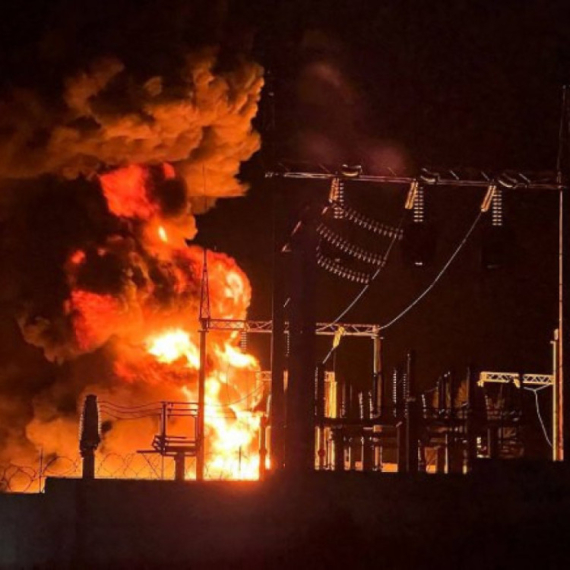
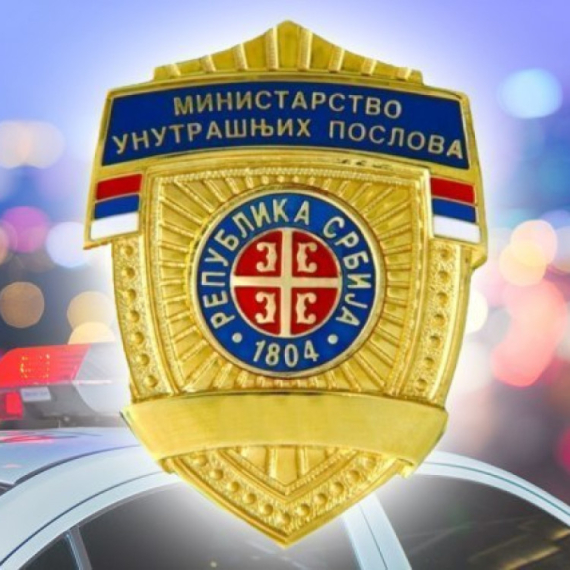



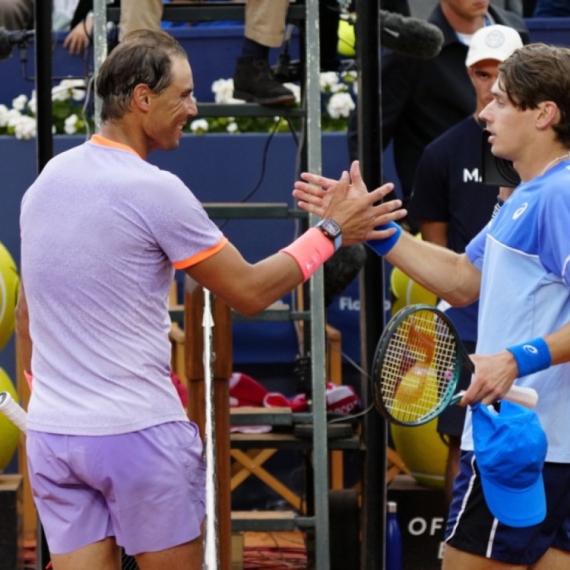
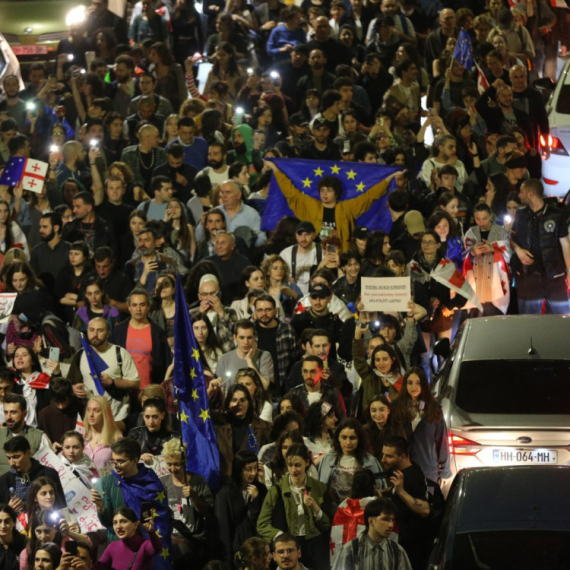
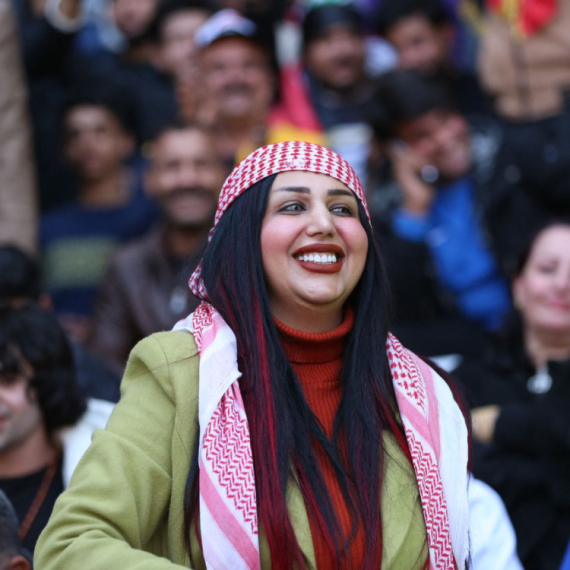

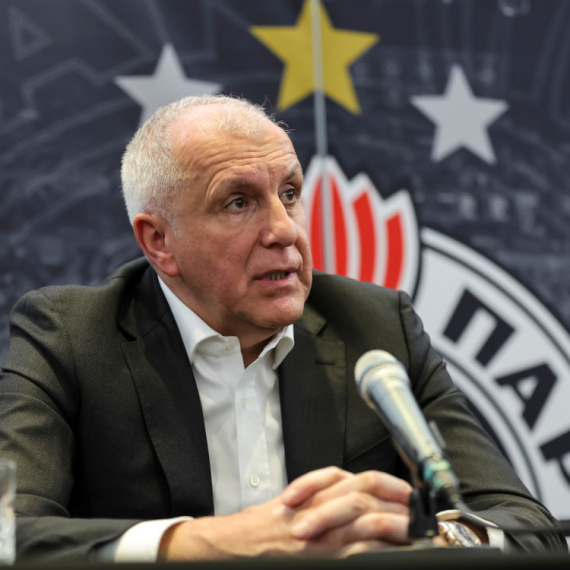

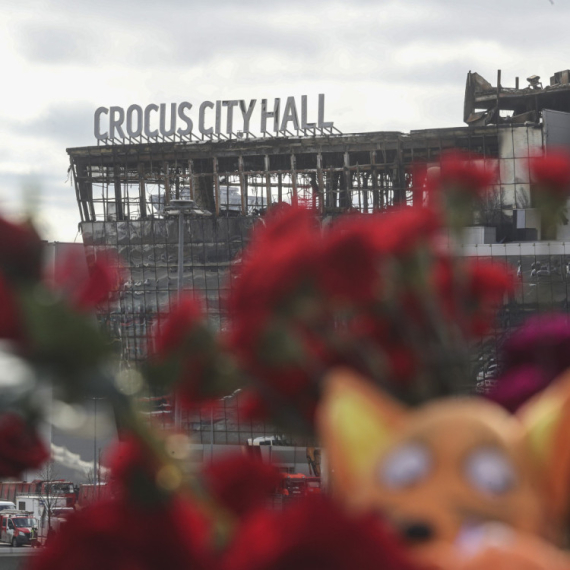
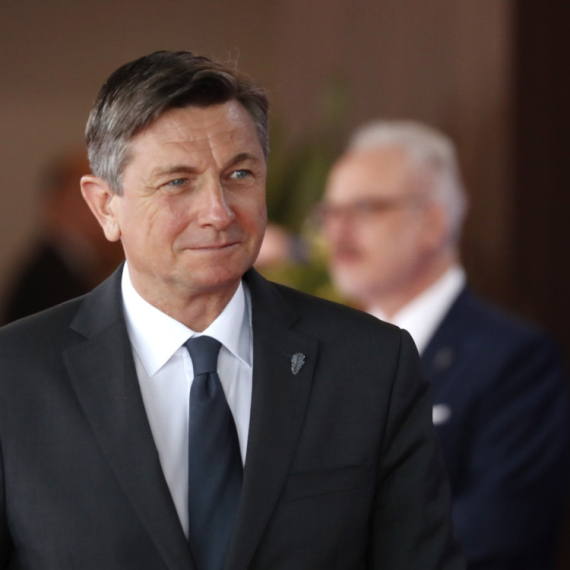

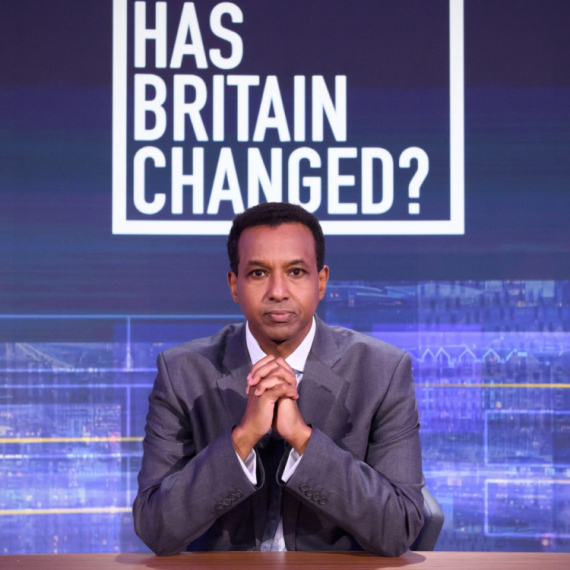
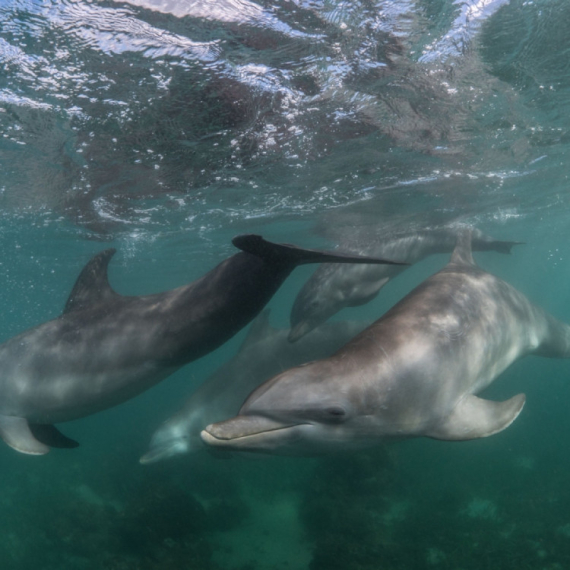
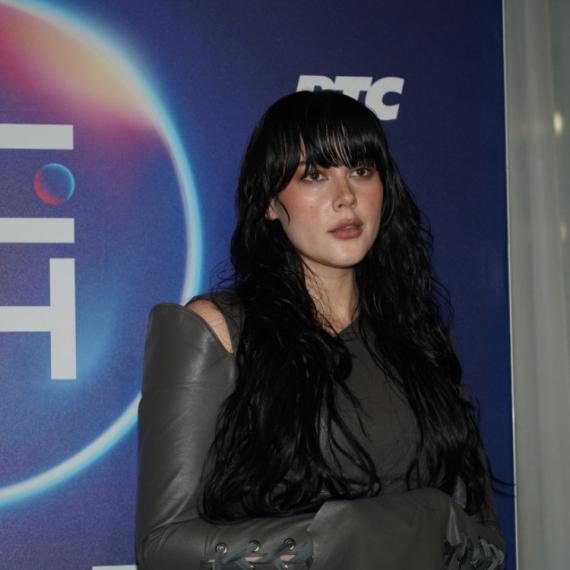
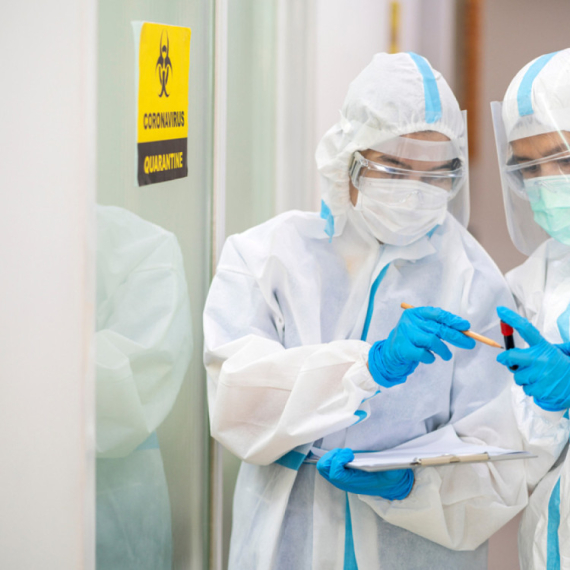


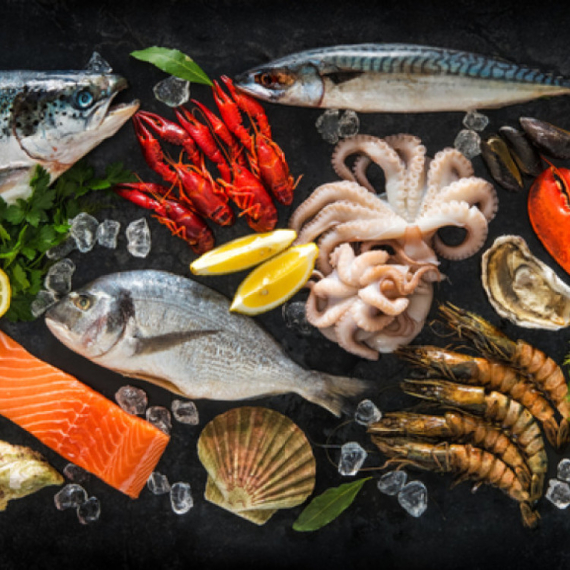





















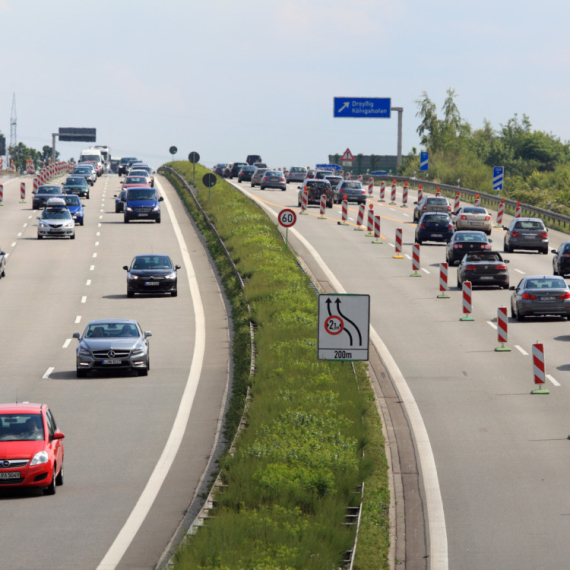


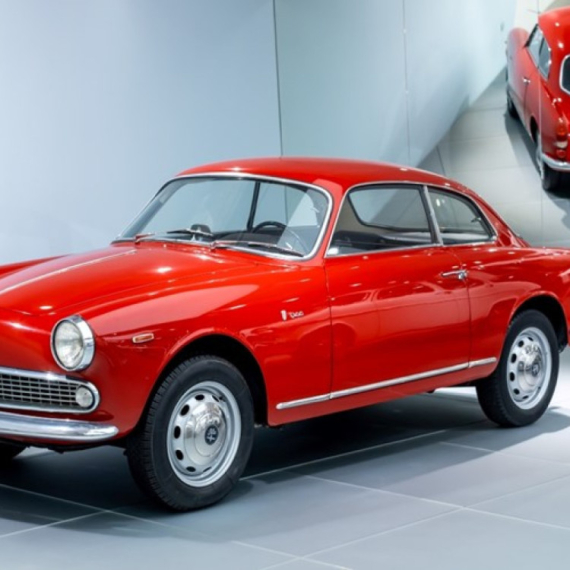

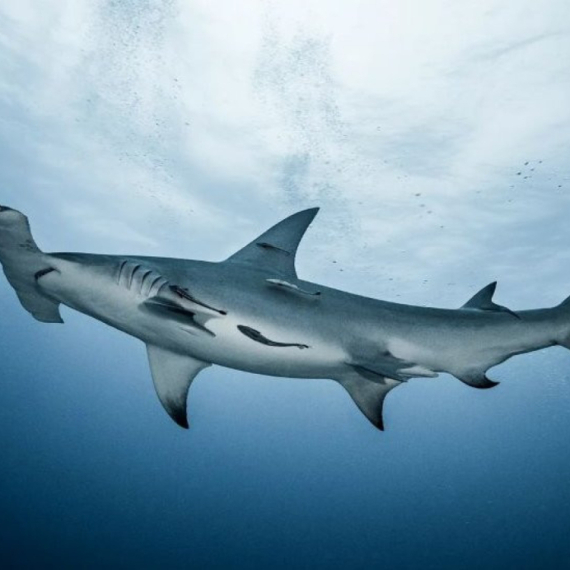
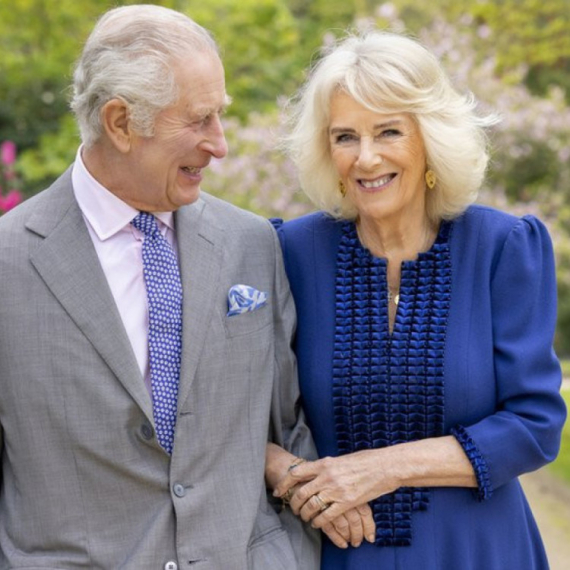
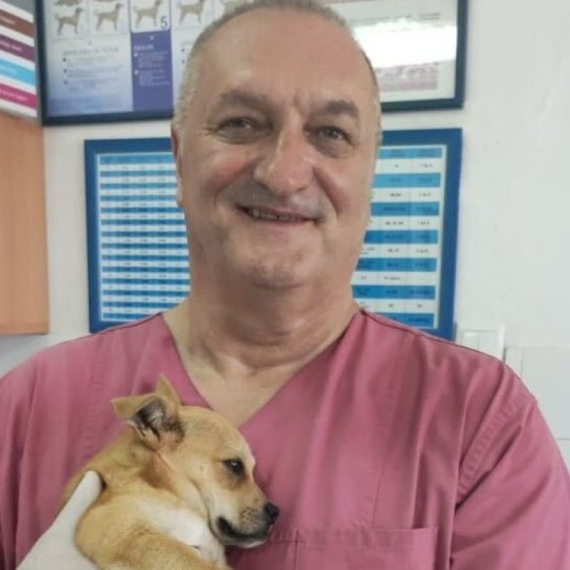
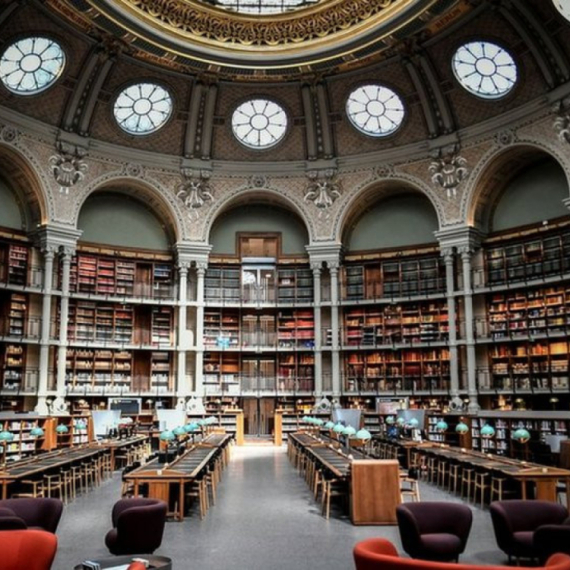


Komentari 1
Pogledaj komentare